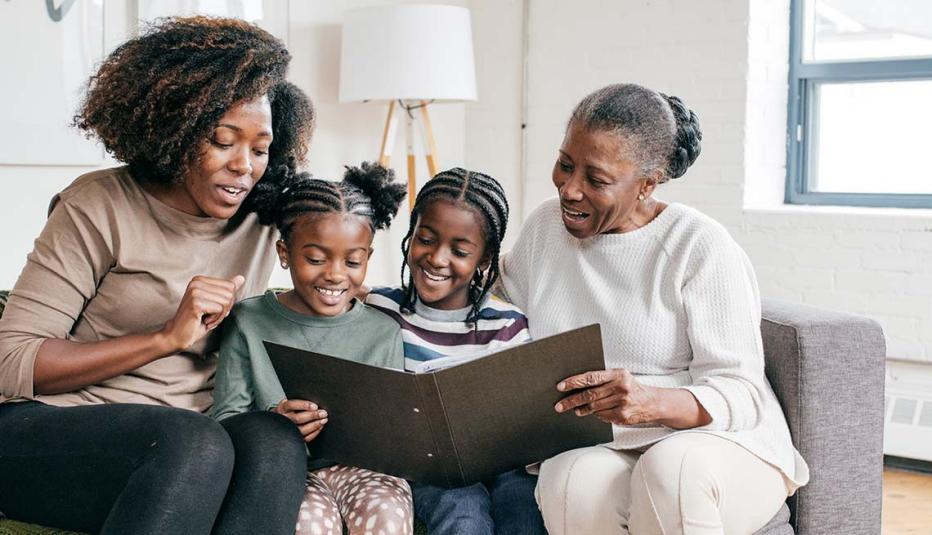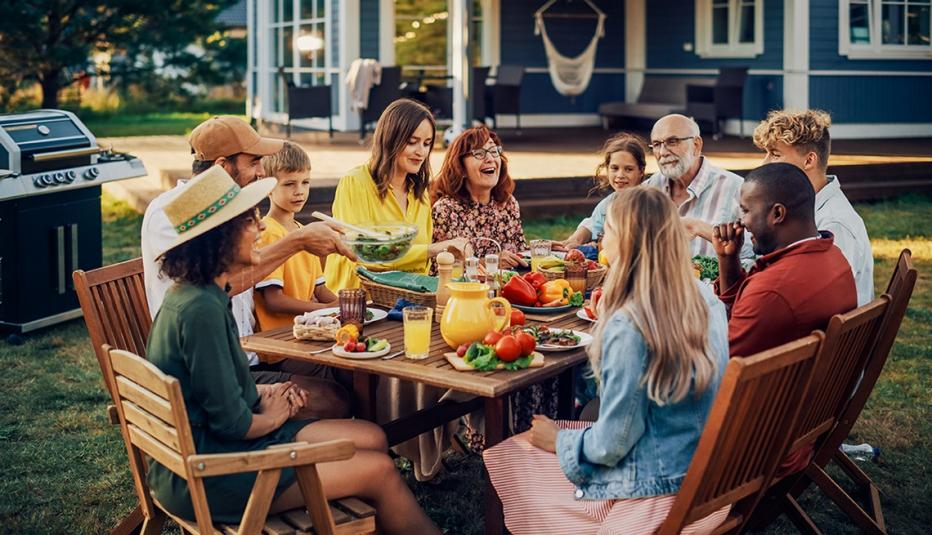AARP Hearing Center
In order to better understand loneliness and social isolation among older adults, AARP commissioned a national survey of the 45+ population to examine these issues. In addition to examining prevalence rates among older Americans, the study provides a descriptive profile of lonely older adults and examines the relationships between loneliness and health, health behaviors, involvement in a social network and use of technology for social communications and networking.


Key findings revealed:
- A little over one-third (35%) of the survey respondents were categorized as lonely.
- Older adults reported lower rates of loneliness than those who were younger (43% of those age 45-49 were lonely compared to 25% of those 70+). Married respondents were less likely to be lonely (29%) compared to never-married respondents (51%), and those with higher incomes were less likely to be lonely than those with lower incomes.
- Lonely respondents were less likely to be involved in activities that build social networks, such as attending religious services, volunteering, participating in a community organization or spending time on a hobby.
- Almost half (45%) of those who had lived in their current residence for less than 1 year reported feeling lonely.
- Loneliness was a significant predictor of poor health. Those who rated their health as “excellent” were over half as likely to be lonely than those who rated their health as “poor” (25% vs. 55%).
- Lonely and non-lonely respondents did not differ significantly from each other in terms of their frequency of email use. However, 13% of lonely respondents felt they have fewer deep connections now that they keep in touch with people using the Internet, compared to 6% of non-lonely respondents.
A nationally representative sample of 3,012 adults age 45 and older completed the Knowledge Networks online survey between May 26 – June 2, 2010. For additional information, please contact G. Oscar Anderson at 202-434-6343.





































































